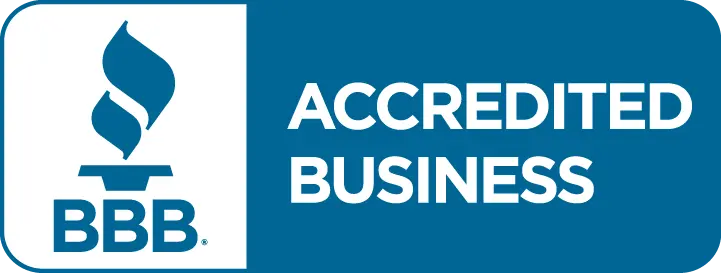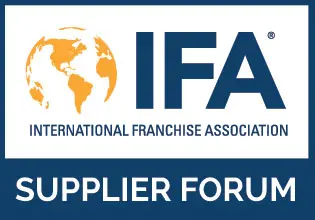Blog
Our blog offers important resources, helpful articles, and practical ideas on the human resources topics that matter to you.
Our blog offers important resources, helpful articles, and practical ideas on the human resources topics that matter to you.
Home / Media / Blog / Offer Letters, Not Employment Contracts
“Offer Letters ” vs.“Employment Contracts” and knowing the difference.
When hiring a new employee, the goal is to find a great performer who will also follow your established policies and procedures, be able to get along with his or her co-workers, and will be loyal to your company. Once you do find that perfect candidate, an offer will be extended, usually in the form of a letter. Once the letter is signed, the whole orientation process can begin. What, however, will the employee be signing? And, what should it be called?
In the event that the business relationship does not work out, the last thing you want to do is bind yourself legally to the employee because of wording in an offer letter. The important thing to remember about most offer letters is they are basic agreements to terms and not actual contracts. They outline the details of the offer for the future employee if he or she agrees to come work with you, such as the following items:
The future employee, by signing the letter, is simply agreeing to the terms. In offer letters of this type, there is no guarantee of continued employment or bonuses and no clauses or guaranteed action if and when employment ends.
CALLING AN OFFER LETTER A “CONTRACT” IMPLIES THAT SOMETHING – EMPLOYMENT TERMS OR PAY – IS GUARANTEED AND LEGALLY BINDING.
Please keep in mind that some offer letters for upper level management may actually be contracts, which, again, are documents that are enforceable under the law. There may be legal verbiage built into the letter discussing guaranteed parachute payments, bonuses or stock options, as well as treatment of proprietary information and other items. These types of offers are usually drafted by attorneys. Any breach of these contracts by either party could lead to legal action.
It is recommended that any waivers and agreements that you want for your employee population-at-large (such as Confidentiality and Non-Disclosure, Non-Compete, Arbitration or Commission Agreements) be signed separately from offer letters and employee handbooks as they are legal documents. Please note that Non-Compete or other agreements may vary by state in terms of enforceability so it is best to seek legal advice when seeking information on any additional documents that are signed once an employee officially joins your organization.
Put simply, offer letters state the terms of the offer, but are not guarantees of additional payments or continued employment and do not contain waivers or promissory language. If terms look too specific or agreement-heavy, you may be looking at a contract that could put you in a legal bind if the employment relationship goes south.
Click the link to view the recent INFINITI HR blog: Medical Marijuana in the Workplace or check back for more on human resources, payroll, insurance and benefits.
Join the INFINITI HR family! Subscribe to our newsletter and get the latest HR news and tips.
INFINITI HR helps companies reduce costs by managing human resource functions while allowing businesses to focus on their core operations that impact profitability. Our platform provides full regulatory compliance management, on-demand HR guidance, real-time payroll /tax filing, POS integration and access into industry leading True-Group master policies for workers’ compensation, employment practices liability insurance, and other operational business coverages.
Toll free: 866-552-6360






